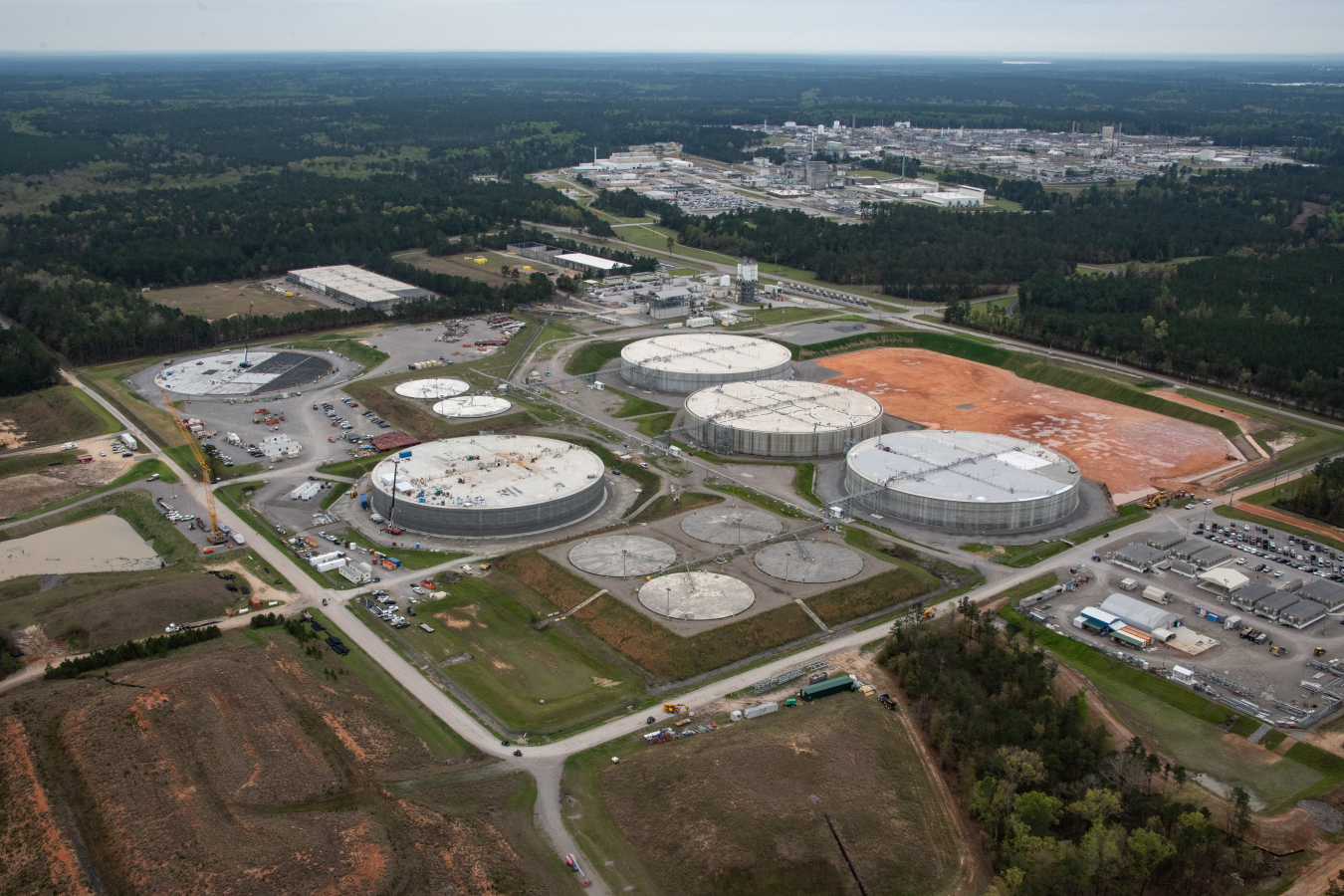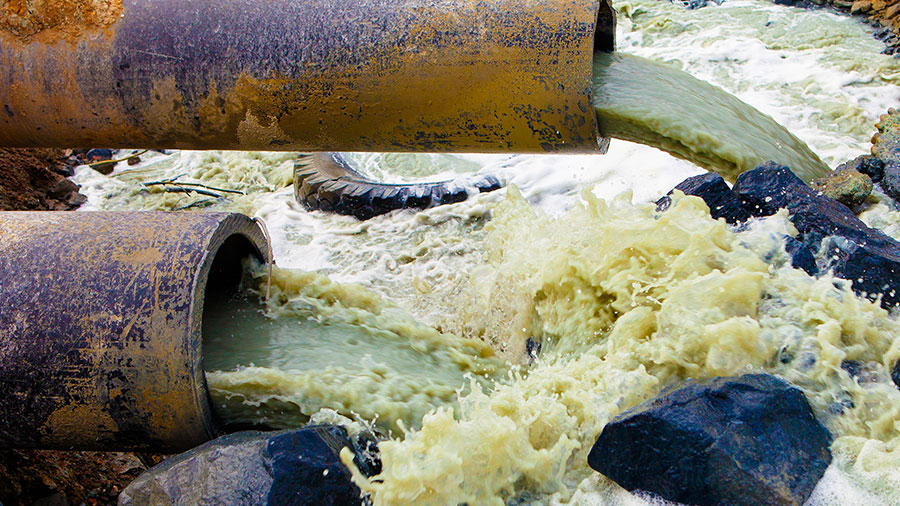Comprehensive Liquid Waste Disposal: Solutions for Residences and Organizations
Comprehensive Liquid Waste Disposal: Solutions for Residences and Organizations
Blog Article
Comprehending the Comprehensive Refine of Liquid Garbage Disposal: Best Practices and Environmental Impact Considerations
The administration of fluid waste disposal is a diverse concern that needs a complete understanding of different ideal practices and their associated environmental influences. From the kinds of fluid waste generated to the approaches employed for collection, therapy, and final disposal, each action plays an important duty in guarding communities and public health. As regulatory requirements evolve and technology breakthroughs, the discussion around these processes becomes progressively relevant. What ramifications do these changes hold for future sustainability initiatives, and how can stakeholders make certain that they are properly dealt with?
Types of Liquid Waste
Comprehending the various sorts of liquid waste is important for reliable management and disposal methods. Fluid waste can be broadly categorized into numerous types, each calling for unique handling and therapy techniques.
Industrial fluid waste commonly includes dangerous materials, consisting of heavy metals, solvents, and chemicals, generated throughout manufacturing procedures. These wastes require strict governing compliance to shield human health and the setting. Residential liquid waste primarily refers to wastewater generated from homes, including sewer and greywater, which, although much less hazardous, can still pose significant dangers if poorly managed.
Agricultural liquid waste, including drainage from ranches, typically contains plant foods and pesticides that can lead to ecological degradation otherwise dealt with properly. Medical liquid waste, created from healthcare facilities, includes infected fluids such as physical liquids and chemicals, calling for specialized disposal methods to avoid infection and environmental contamination.
Lastly, oil and oil waste, commonly produced by dining establishments and automobile markets, can trigger serious blockages in drain systems if not managed correctly. Understanding these groups assists in targeted techniques for treatment, conformity with laws, and effective disposal methods, inevitably promoting ecological sustainability and public health safety and security.

Collection Approaches
Reliable collection methods are critical for the appropriate management of liquid waste, guaranteeing that it is gathered securely and efficiently before treatment or disposal. Different methods are used depending upon the kind of fluid waste produced, the quantity, and the specific features of the waste.
One usual method is making use of committed collection storage tanks or sumps, which are created to record liquid waste at the resource. These systems usually incorporate pumps that promote the transfer of waste to bigger storage containers or treatment facilities. In addition, mobile collection units equipped with vacuum innovation are used in circumstances where waste is created intermittently or in hard-to-reach places.
For industrial setups, closed-loop systems can properly minimize spills and leaks, permitting the healing and reuse of fluid waste. It is additionally necessary to train workers on appropriate collection procedures to minimize risks related to unsafe substances.
In addition, executing routine maintenance schedules for collection devices guarantees optimal efficiency and safety. The assimilation of sophisticated tracking systems can boost collection performance by providing real-time data on waste levels and prospective hazards. On the whole, efficient collection approaches are foundational to sustainable liquid waste monitoring practices.
Treatment Processes
Treatment processes play an important duty in the administration of fluid waste, changing possibly harmful materials into reusable resources or risk-free effluents - liquid waste disposal. These procedures can be broadly classified right into physical, chemical, and organic methods, each customized to deal with particular impurities existing in the waste stream
Physical therapy techniques, such as sedimentation and purification, work by eliminating suspended solids and particle matter. These methods are typically the first step in the treatment chain, effectively lowering the tons on subsequent processes. Chemical treatments entail using reagents to neutralize unsafe substances, precipitate hefty steels, or oxidize organic pollutants, consequently improving the security of the effluent.
Organic treatment procedures, including activated sludge systems and anaerobic food digestion, maximize the natural capacities of microorganisms to weaken natural issue. These techniques are specifically efficient for wastewater having biodegradable contaminants. Advanced therapy innovations, such as membrane go to this website filtering and progressed oxidation processes, are progressively employed to achieve higher degrees of filtration.
Integrating a mix of these therapy approaches not only makes certain conformity with governing criteria but additionally promotes environmental sustainability by recuperating beneficial resources from liquid waste.
Disposal Options
How can companies make sure the safe and responsible disposal of liquid waste? Efficient disposal options are critical for securing public wellness and the atmosphere. The main methods include land incineration, therapy, and disposal followed by discharge right into municipal wastewater systems.
Land disposal entails the cautious control of liquid waste in assigned garbage dumps, making certain that it does not seep into bordering dirt or water. Incineration, on the other hand, subjects liquid waste to heats, transforming it into ash and gases, which need appropriate purification to decrease discharges. This technique is suitable for hazardous wastes that can not you can try here be dealt with with typical methods.
In situations where liquid waste can be treated, companies may decide for organic or chemical treatment procedures to reduce the effects of damaging elements prior to releasing the treated effluent into local systems. This course usually aligns with governing needs, guaranteeing that the effluent meets security standards.
Ultimately, companies must perform complete evaluations of each disposal alternative to establish its practicality, thinking about factors such as waste structure, governing compliance, and potential dangers to wellness and the setting. By choosing ideal disposal approaches, companies can contribute to an accountable waste management technique.
Environmental Effect
The environmental impact of liquid garbage disposal is a crucial consideration for organizations looking for to reduce their ecological impact. Improper disposal approaches can bring about significant contamination of water sources, soil destruction, and damaging results on local ecosystems. As an example, unsafe liquids can seep right into groundwater, posturing risks to alcohol consumption water materials and water life. Furthermore, the discharge of unattended or inadequately treated waste right into surface area waters can cause eutrophication, causing oxygen exhaustion and the succeeding fatality of fish and various other organisms.

To alleviate these impacts, organizations must embrace ideal practices such as implementing strenuous waste therapy procedures, promoting recycling and reuse, and adhering to governing standards. By taking an aggressive approach to fluid waste management, entities can considerably lower their environmental impact while sustaining lasting advancement goals. Eventually, a thorough understanding of the environmental impacts associated with liquid waste disposal is crucial for informed decision-making and liable go to the website stewardship of natural sources.
Verdict
Effective monitoring of fluid waste is crucial for safeguarding ecological integrity and public health. Eventually, a detailed understanding of liquid waste disposal not just alleviates environmental influences however likewise cultivates a dedication to liable resource administration and ecological stewardship.
The administration of liquid waste disposal is a multifaceted concern that needs a complete understanding of numerous best practices and their connected environmental impacts. From the types of fluid waste generated to the techniques employed for collection, treatment, and final disposal, each action plays a crucial function in protecting ecological communities and public wellness.The environmental effect of liquid waste disposal is a vital consideration for organizations seeking to lessen their environmental footprint. Ultimately, an extensive understanding of the environmental effects associated with liquid waste disposal is essential for informed decision-making and liable stewardship of all-natural sources.
Eventually, a detailed understanding of liquid waste disposal not just minimizes ecological impacts yet additionally promotes a dedication to accountable source monitoring and environmental stewardship.
Report this page